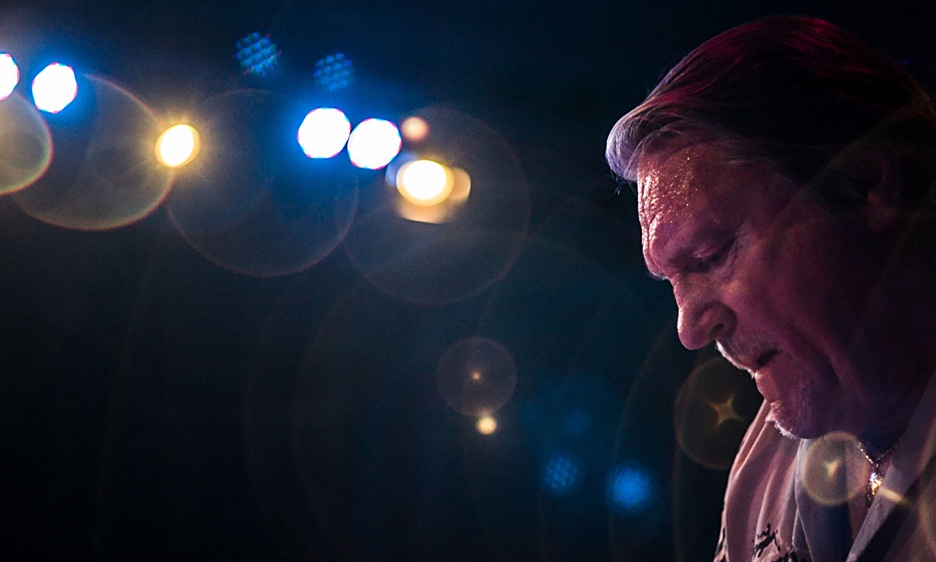In AllAboutJazz - complete with album extracts, including from the 60s with Julie, and amazing anecdotes about John McLaughlin, Jimi Hendrix, and Joan Bakewell... interviewing Duke Ellington! Other stuff I hadn't known about, too, including how he first got to play the Hammond as a consequence of Georgie Fame going awol from a tour gig. "How long have you been playing Hammond organ?" "About 45 minutes"! 






Comment